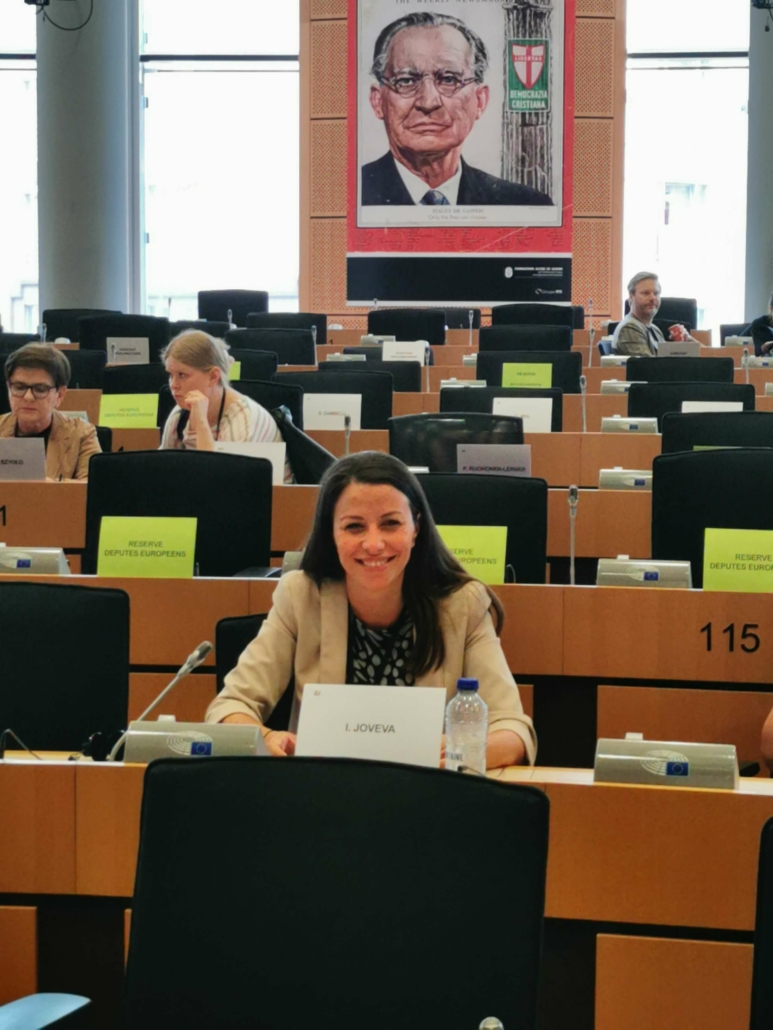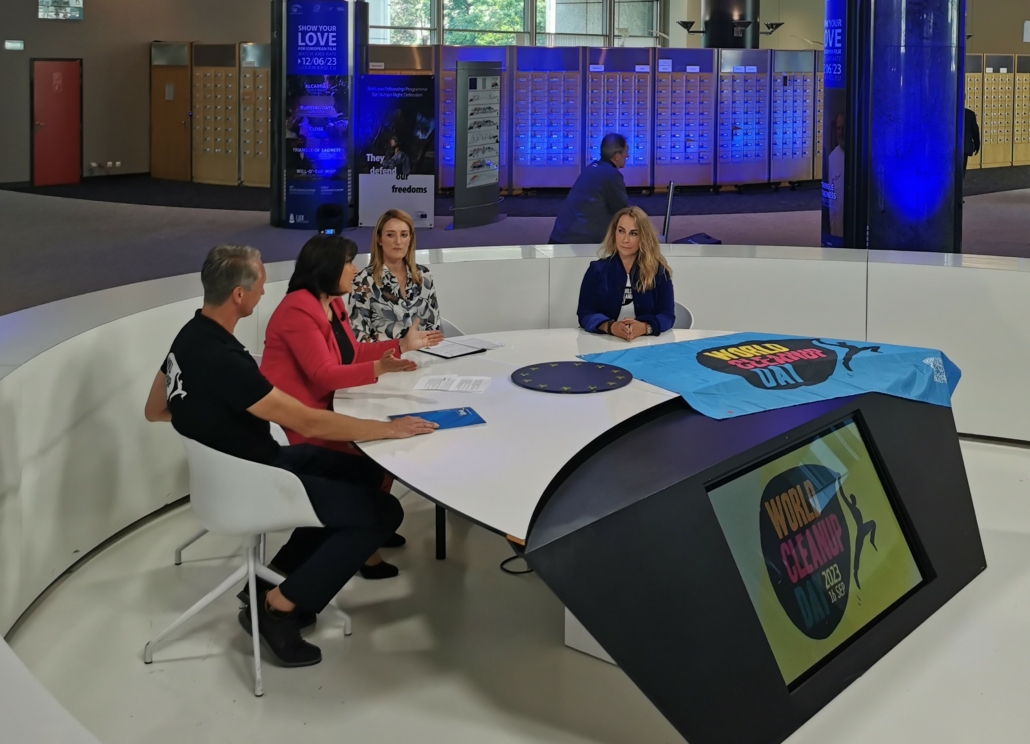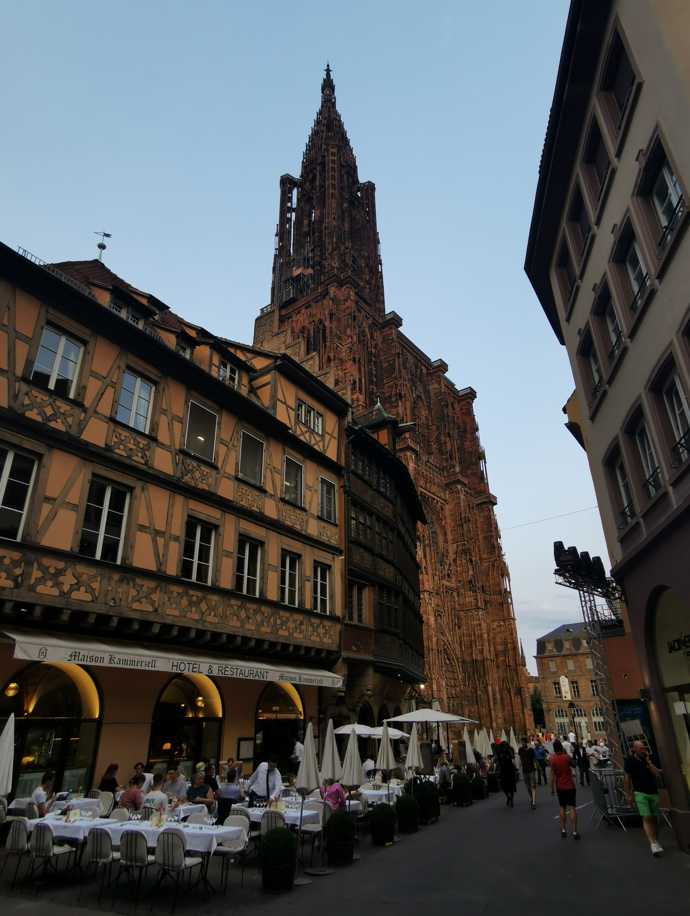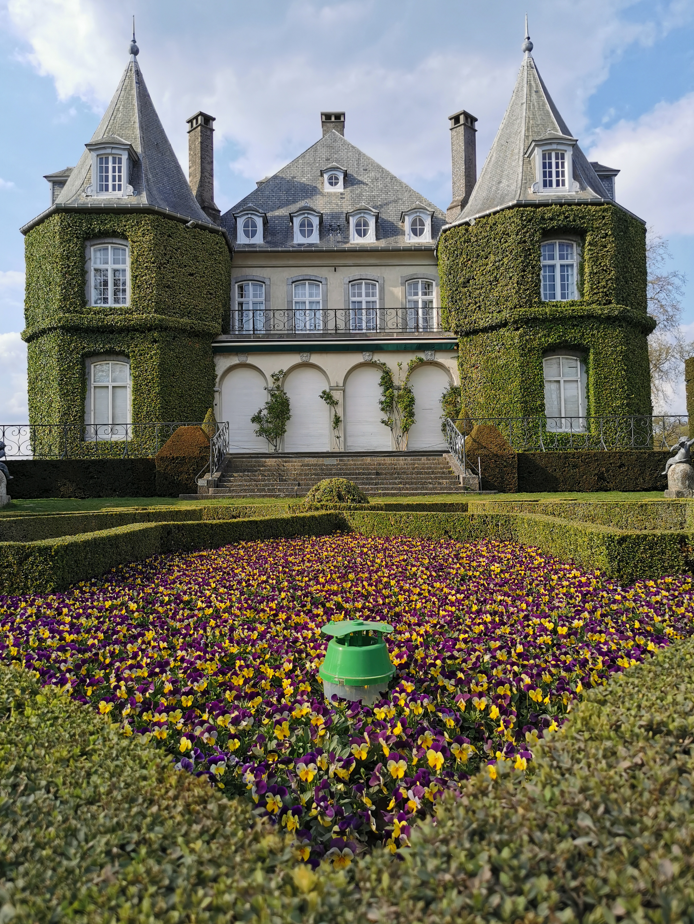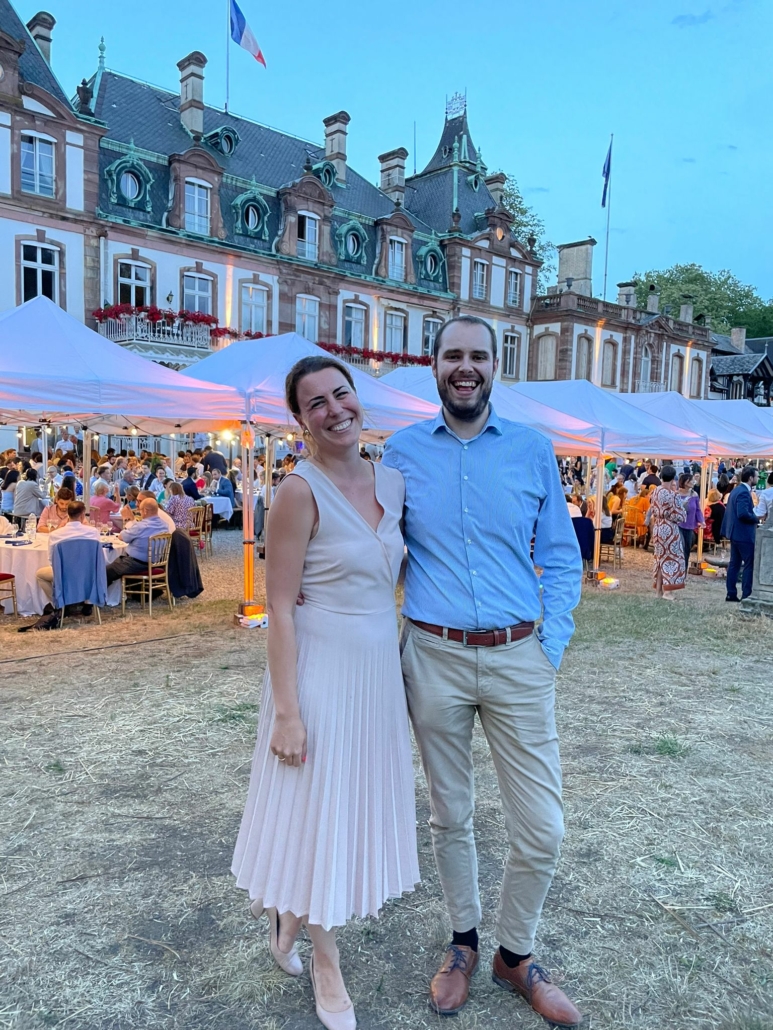The EU must find a common European mechanism to ensure climate solidarity on the continent and beyond, MEP Irena Joveva underscored for the French newspaper l’Opinion. The discussion focused in particular on the need for a new system of solidarity between Europeans in the face of climate disasters in Europe, including the recent catastrophic floods in Slovenia. The article was published on Thursday, 10 August 2023, and you can read a summary below.
The French newspaper reporter observed that the devastating and tragic floods in Slovenia have captured attention across Europe. European Commission President Ursula von der Leyen visited Slovenia on Thursday, 9 August 2023, and pledged support and financial assistance for the affected areas. L’Opinion reported how this year, northern and central parts of Europe are experiencing overwhelming floods, while the southern half of the continent is battling unrelenting fires after the warmest July on record, both on land and in the Mediterranean Sea.
“We need to find a common mechanism for climate solidarity in Europe. My country’s disastrous event should serve as a reminder to those leaders or decision-makers who are against augmenting financial aid, since there will only be more such incidents in the future. We need to be better prepared and not just accept the status quo by saying: ‘This isn’t my problem, so I don’t have to help. Climate change affects all Member States in one way or another,” Joveva told the newspaper.
During her visit to Slovenia, Commission President von der Leyen promised an advance payment of €100 million this year, and next year Slovenia will be entitled to another €300 million. In the medium term, Slovenia could potentially receive up to €2.7 billion more under the European Recovery Fund for national reconstruction and climate change adaptation. The EU is also ready to reprogramme up to €3.3 billion of Slovenia’s cohesion funds intended for economic development.
Given the increasing number of natural disasters across the Union, the Solidarity Fund of €1.2 billion per year is proving insufficient and will require a new strategy for better preparedness in the future. During her visit to Slovenia, the Commission President also praised the enormous solidarity of the Slovenian people.
“The swift response of the EU and our allies is testimony to the fact that the EU is genuinely based on solidarity,” Joveva affirmed to l’Opinion.
Read the full article in French here.

